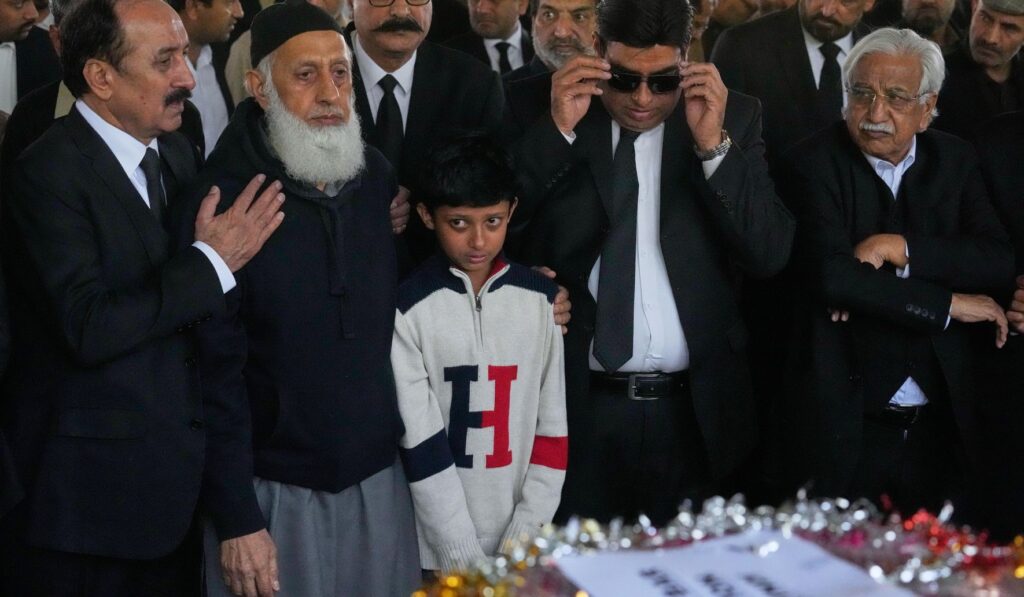Pakistan’s prime minister has renewed a peace overture to Afghanistan’s Taliban government, making the offer about a week after talks between the two sides broke down in Istanbul.
Pakistan’s move to reopen dialogue with the Taliban came after a recent round of negotiations failed to produce results in Istanbul. The Pakistani prime minister presented the offer on Wednesday, signaling a fresh push to stabilize a tense relationship along a porous border. That timing reflects both diplomatic patience and pressure to manage spillover risks.
The collapse of the Istanbul talks left a gap that Islamabad appears intent on filling, but this is not just polite diplomacy. From a Republican viewpoint, opening negotiations without clear assurances risks rewarding actors who have shown little inclination toward consistent, verifiable commitments. Any engagement must be built on enforceable steps, not on promises that evaporate once attention shifts.
Security concerns are front and center for Pakistan, which has faced cross-border militancy and volatile border incidents for years. Islamabad needs practical results: a reduction in militant movements, information sharing, and mechanisms to prevent safe havens from being used to export violence. For Republicans, those measures are nonnegotiable prerequisites to any meaningful thaw in relations.
The Taliban’s credibility remains the key variable. Past patterns show they can make commitments to outsiders and still allow factions to operate with relative freedom. Diplomacy should therefore demand concrete verification, independent monitoring, and immediate consequences for backsliding. A posture that combines engagement with clear penalties aligns with a Republican preference for firm, leverage-based statecraft.
Regional actors will watch closely because stability in Afghanistan affects more than the two capitals involved. Neighboring countries have strategic and economic interests that could be shaped by whether talks yield real results or merely more rhetoric. Policymakers at all levels should expect a messy, uneven process, and plan for contingencies if agreements are ignored or undermined.
Practical steps Islamabad could insist on include credible border controls, joint patrols where feasible, and a timetable for verified actions against extremist groups. Diplomacy without teeth invites repeat cycles of collapse, which in turn forces military and security responses that drain resources and raise tensions. Republicans typically favor tying any assistance or normalization to measurable changes that enhance national security.
For now, the key indicators to follow are simple and immediate: whether formal channels reopen, whether monitoring mechanisms are agreed, and whether known extremist nodes see sustained disruption. If Pakistan secures real, verifiable commitments from the Taliban, the talks will matter. If not, this will likely become another episode in a long sequence of tentative diplomatic maneuvers that fail to address the core security problems.



